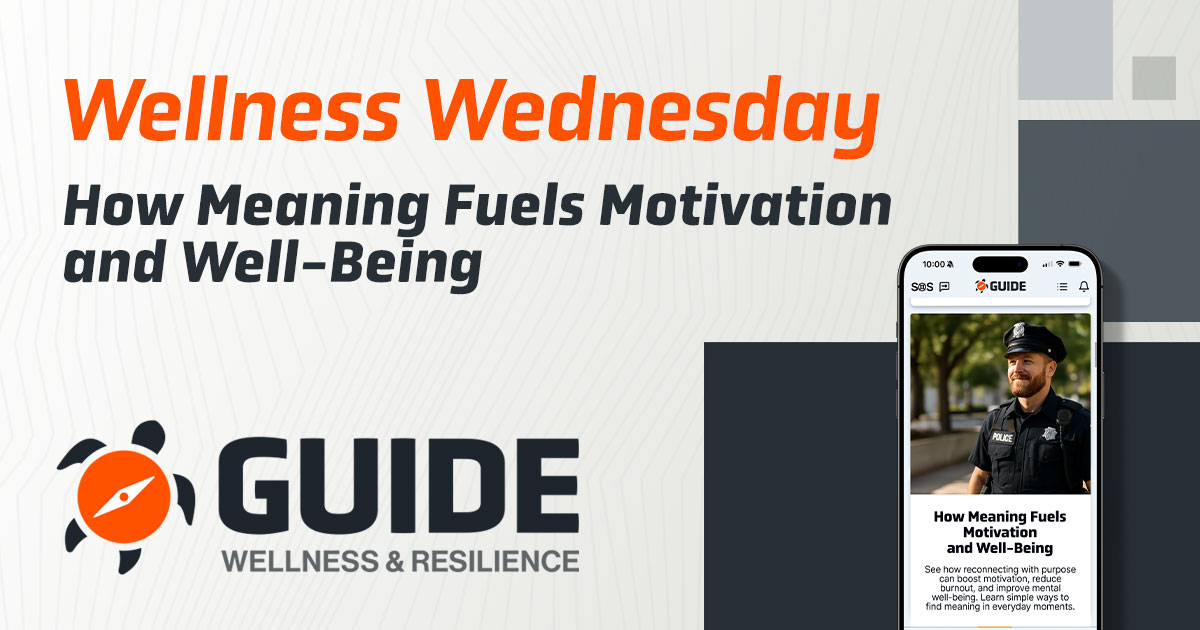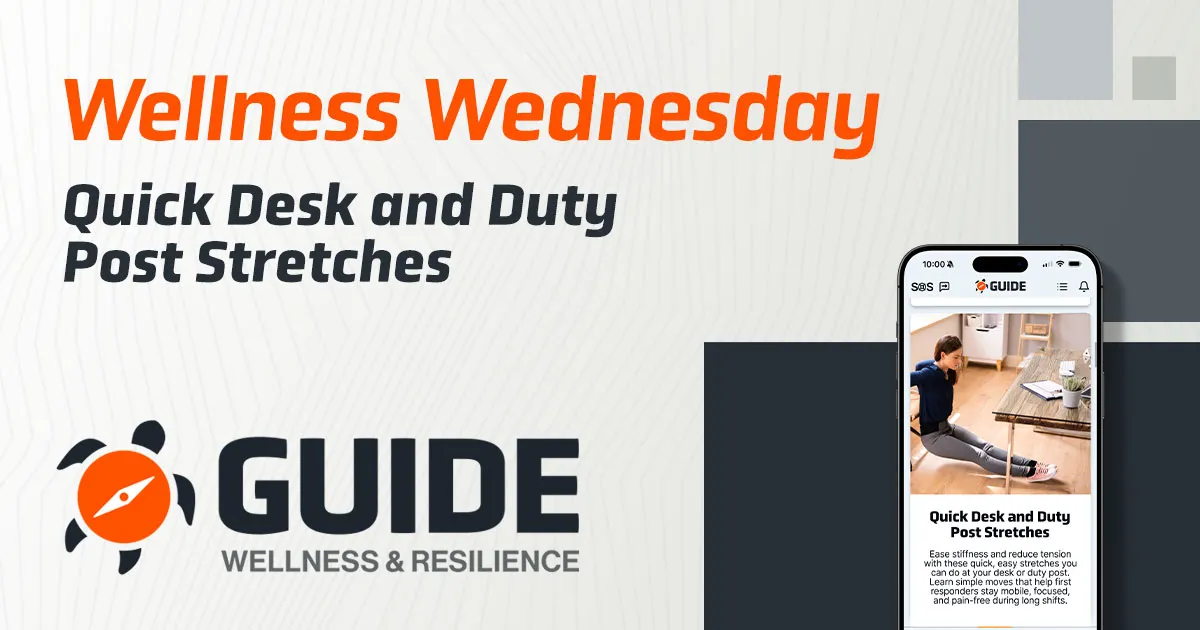The holiday season can be a whirlwind of activity—gift shopping, family gatherings, and end-of-year deadlines. For many, it’s also a time when stress levels rise, often leading to less-than-ideal eating habits. Whether it’s skipping meals, indulging in too many sugary treats, or relying on fast food for convenience, the choices we make during stressful times can take a toll on our physical and mental well-being.
In this week’s Wellness Wednesday, we’ll explore how to maintain balanced nutrition during busy times, highlight stress-reducing foods, and share mindful eating strategies to help you stay energized and focused.
The Connection Between Food and Stress
Stress can significantly impact your eating habits. For some, stress causes a loss of appetite, while for others, it leads to cravings for comfort foods high in sugar and fat. These choices might feel satisfying in the moment but can leave you feeling sluggish, irritable, or more stressed in the long run.
Balanced nutrition plays a key role in managing stress. The foods you consume provide the fuel your body and brain need to stay sharp, resilient, and energized. Choosing nutrient-rich options can stabilize your mood, improve concentration, and even lower stress hormones like cortisol.
Stress-Reducing Foods to Include in Your Diet
Incorporating certain foods into your daily routine can help combat stress and promote better mental and physical health:
1. Omega-3 Fatty Acids
Found in fatty fish like salmon, walnuts, and flaxseeds, omega-3s help regulate stress hormones and improve brain function. These healthy fats are known to reduce inflammation and support emotional well-being.
2. Complex Carbohydrates
Whole grains, sweet potatoes, and legumes are excellent sources of complex carbohydrates. They help stabilize blood sugar levels and boost serotonin production, which enhances your mood.
3. Leafy Greens
Spinach, kale, and Swiss chard are packed with magnesium, a mineral that helps regulate stress and reduce anxiety. Magnesium deficiency has been linked to increased levels of stress and depression.
4. Citrus Fruits
Oranges, grapefruits, and lemons are rich in vitamin C, which helps lower cortisol levels and supports your immune system during high-stress periods.
5. Dark Chocolate
A small portion of dark chocolate (70% cocoa or higher) can reduce stress hormones and boost serotonin levels. Just remember to enjoy it in moderation.
6. Herbal Teas
Chamomile, peppermint, and green tea can have a calming effect. Green tea, in particular, contains L-theanine, an amino acid that promotes relaxation without causing drowsiness.
7. Fermented Foods
Yogurt, kefir, kimchi, and sauerkraut contain probiotics that support gut health, which is closely linked to mental health and stress management.
Tips for Maintaining Balanced Nutrition During Stressful Times
1. Plan Ahead
When life gets hectic, planning your meals in advance can make all the difference. Prepare healthy snacks and meals in bulk so you always have something nutritious on hand. For example, make overnight oats for busy mornings or freeze portions of soup for quick dinners.
2. Stick to Regular Meal Times
Skipping meals can lead to low energy and irritability. Set reminders to eat at regular intervals, even if it’s just a light snack like a handful of nuts or a piece of fruit.
3. Hydrate
Dehydration can exacerbate stress and fatigue. Keep a water bottle with you throughout the day and aim to drink at least 8 glasses of water daily. Herbal teas and infused waters are great alternatives if plain water feels boring.
4. Limit Caffeine and Alcohol
While caffeine can give you a temporary energy boost, too much can increase anxiety and disrupt your sleep. Similarly, alcohol might seem like a way to unwind, but it can actually interfere with your body’s ability to manage stress effectively.
5. Choose Nutrient-Dense Snacks
Replace chips and candy with snacks like trail mix, Greek yogurt with berries, or sliced veggies with hummus. These options provide sustained energy and important nutrients.
Mindful Eating Strategies for the Holiday Season
Mindful eating can help you enjoy your meals while avoiding overeating and guilt. Here’s how to practice it:
1. Slow Down
Take time to savor each bite. Eating slowly helps you recognize when you’re full and prevents overindulgence.
2. Listen to Your Body
Pay attention to your hunger and fullness cues. Are you eating because you’re hungry or out of boredom or stress?
3. Minimize Distractions
Avoid eating in front of the TV or while scrolling on your phone. Focus on your food and the experience of eating.
4. Practice Gratitude
Before eating, take a moment to appreciate your meal—its flavors, colors, and the effort that went into preparing it. Gratitude can enhance your overall eating experience.
5. Portion Control
Serve smaller portions to start with and go back for seconds if you’re still hungry. This helps prevent overeating.
Balancing Treats and Nutrition
The holiday season often comes with indulgent foods. It’s important to remember that balance is key—you don’t need to avoid your favorite treats entirely. Instead, enjoy them mindfully and in moderation. Pair indulgent items with healthier options on your plate to ensure you’re still getting essential nutrients.
The Role of The GUIDE App
The GUIDE App is here to support you through stressful times, including the busy holiday season. With features like stress management resources, mindfulness exercises, and meal planning tips, The GUIDE App can help you make healthier choices and stay on track with your wellness goals. Download the app today to discover how it can empower you to prioritize your health, even during life’s busiest moments.
Maintaining healthy eating habits during stressful times doesn’t have to be overwhelming. By incorporating stress-reducing foods, planning ahead, and practicing mindful eating, you can nourish your body and mind while navigating the challenges of the holiday season. Remember, every small step you take toward better nutrition is a step toward improved well-being.




